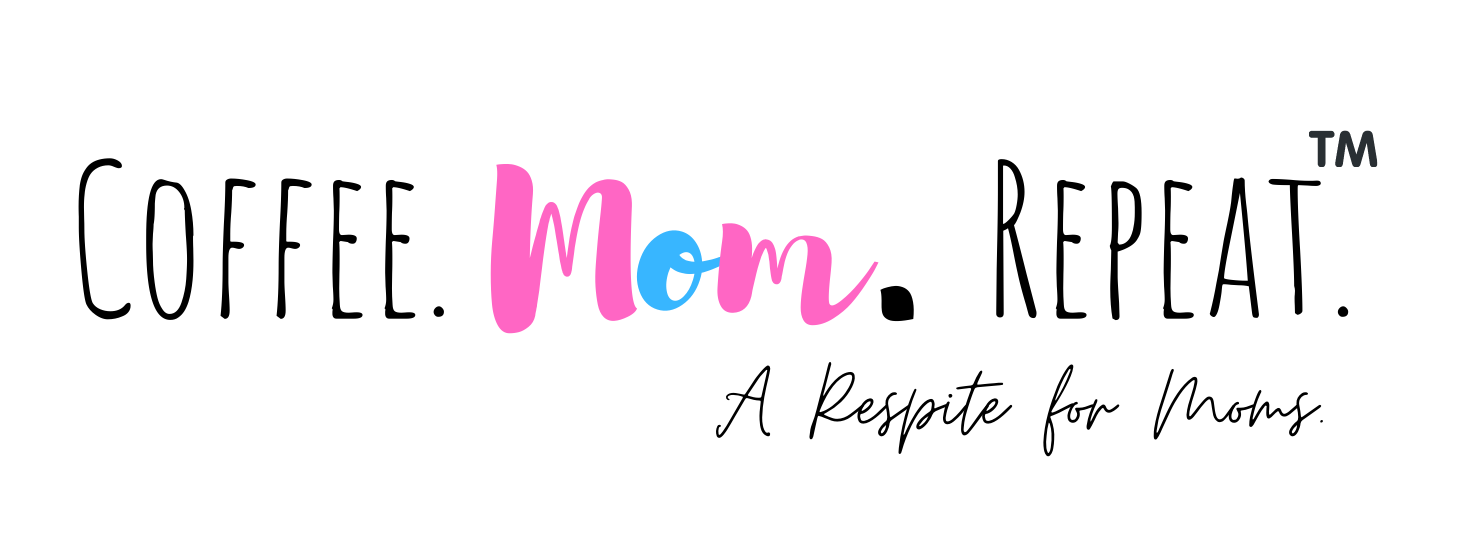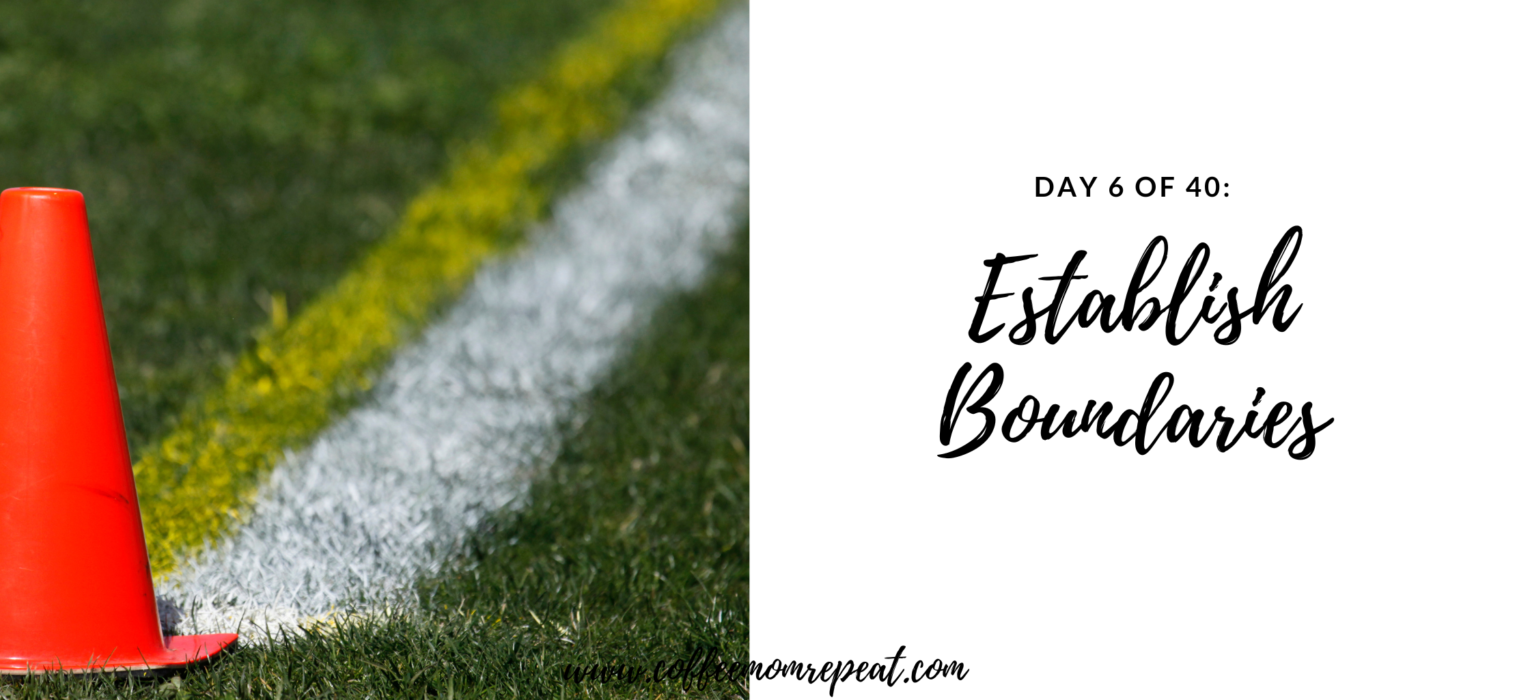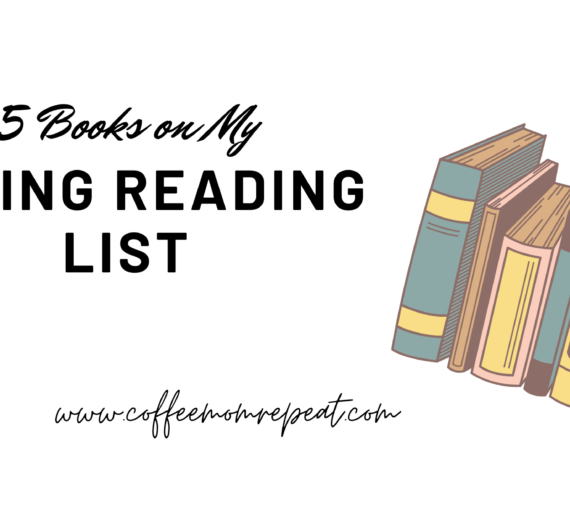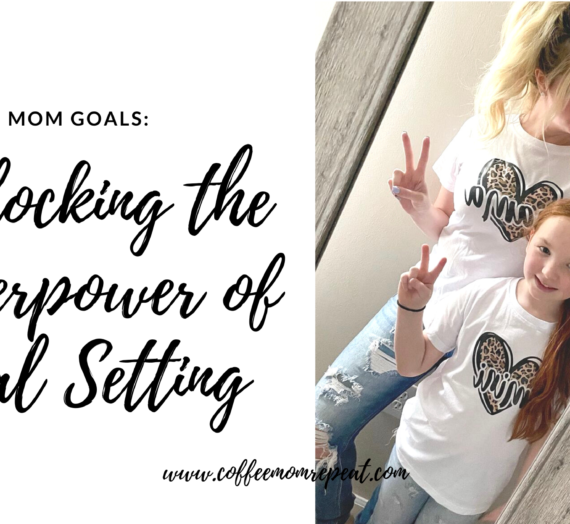“Write down what healthy boundaries look like for you. Identify how you can enforce them.”
Setting boundaries is an essential part of self-care and maintaining healthy relationships. But what exactly is a boundary? A boundary is a limit or space between you and another person; a clear place where you begin and the other person ends. It’s a protective measure that defines what is acceptable behavior and what is not, ensuring that your personal space, emotions, and values are respected.
For a long time, I struggled with the concept of boundaries. I believed that being available and accommodating to everyone else’s needs was a sign of strength and love. However, over time, I realized that without boundaries, I was depleting my own energy and compromising my well-being.
Why Boundaries Matter
Boundaries protect us from being mistreated or manipulated. They help to establish a healthy sense of self-worth by sending a clear message: “I am worthy of respect and consideration.” When we set boundaries, we are essentially teaching others how we want to be treated.
For example, if you have a friend who constantly interrupts you or disregards your feelings, setting a boundary would mean letting them know that this behavior is not acceptable. It’s about communicating your needs in a respectful manner, and expecting the same respect in return.
How Boundaries Protect You
- Emotional Protection: Boundaries safeguard your emotional well-being. They prevent others from overstepping and causing unnecessary stress or harm. By setting limits on how much emotional labor you are willing to extend, you can protect your mental health and focus on your personal growth.
- Time Management: Establishing boundaries helps manage your time effectively. It’s easy to get overwhelmed with commitments if you don’t set clear limits on what you can handle. Boundaries allow you to prioritize your own needs and responsibilities, ensuring you have time for self-care and relaxation.
- Healthy Relationships: Boundaries are the foundation of healthy relationships. They foster mutual respect and understanding. When both parties know and respect each other’s boundaries, it creates a balance where everyone feels valued and understood. It prevents resentment and promotes open communication.
Setting Your Boundaries
Setting boundaries can be challenging, especially if you’re not used to asserting your needs. Here are a few steps to help you get started:
- Identify Your Limits: Take some time to reflect on what makes you feel uncomfortable or stressed. Identify the areas in your life where you need to set boundaries, whether it’s at work, in relationships, or in personal time.
- Communicate Clearly: When setting a boundary, be clear and direct about your needs. Use “I” statements to express how you feel and what you need. For example, “I feel overwhelmed when I’m asked to take on extra tasks at the last minute. I need more notice to manage my time effectively.”
- Be Consistent: It’s important to be consistent with your boundaries. If you set a boundary and then allow it to be crossed repeatedly, it loses its effectiveness. Stand firm in your decisions and communicate any violations of your boundaries.
- Practice Self-Care: Remember that setting boundaries is a form of self-care. It’s not selfish to prioritize your well-being. Take time for yourself, and don’t be afraid to say no when you need to.
Setting boundaries is a vital part of maintaining a healthy, balanced life. It allows you to protect your emotional and mental health, manage your time effectively, and cultivate respectful relationships. Remember, you are worthy of respect and consideration. By setting boundaries, you are honoring yourself and creating a foundation for a happier, healthier life.
I recently set two boundaries, which I feel let to the final demise of my marriage:
1- We are the only two people in our marriage. Outsiders do not need to have the privilege of knowing our business, nor will they be an influence on us. You would think this is given in any relationship, but apparently not in mine. I set his one because his mother has played a large part in coming between us. I do not understand his draw to her considering he has confided in me that she is a toxic person and our children do not need to be around her. I also noticed, on my own, that she still has a lot of learning to do in life and is not somebody I am choosing to associate with any longer. I do not agree with a lot of her decisions, just the same as she apparently does not agree with mine. I also noticed the company he decided to keep as his friends were subpar in their ambitions, legality, and the way they behaved. I did not want either of us to be influenced by somebody who feels it’s appropriate to have several suitors at once while their child’s other parent is at home waiting for them. This is a huge boundary my husband refused to respect, no matter which way I worded it.
2- My time, attention, and financial resources are no longer available for the use of other’s if they cannot treat me like a human being. I grew tired of always being available and being drained financially because other people could not seem to get their life in order. I was always at their disposal, eventually being disposed of altogether, when I decided to stand up for myself and ask for the same treatment in return as I give.

3- I am no longer doing for others when I feel as though they are pressuring or bullying me. I will stand my ground in situations where I feel uncomfortable and protect myself and my children wherever I can.
Take the first step today. Reflect on where you need boundaries in your life and start setting them. It may be challenging at first, but with time and practice, it will become second nature. You deserve to live a life where your needs are respected and valued.




